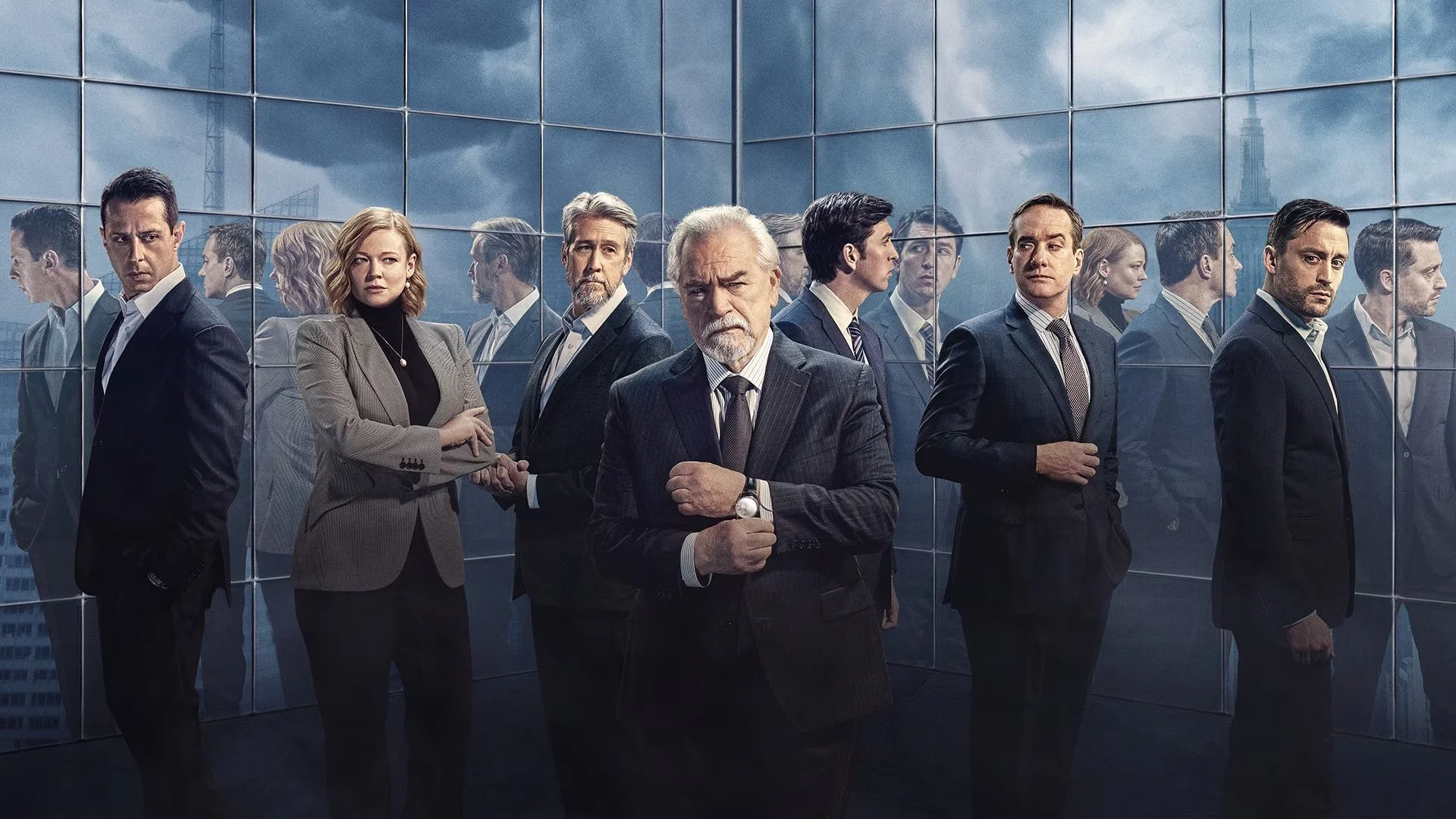Succession: A Shakespearean Tale of Abuse
Photo Credit: HBO
In many ways, Succession is a Shakespearean family drama, set in the corporate offices of midtown Manhattan instead of the plains of medieval England. The fourth and final season concluded on May 28, ending the five-year run of one of the best shows on television.
The premise of the show seems deceptively simple at first glance. Logan Roy (Brian Cox), is an ageing patriarch of a global media empire, Waystar Royco. As he plans to step down as CEO, his kids, Kendall (Jeremy Strong), Roman (Kieran Culkin), and Siobhan (Sarah Snook), fight each other for control of the company, hence the title: Succession.
And while the show may seem like it is about spoiled, rich kids fighting over a position that they are all wildly unqualified for, the show truly centres on abuse and power. While never directly explained, each of Logan’s children displays characteristics of deep, lingering trauma from childhood. Their stories were never meant to have a happy ending. From the very first episode, the path of each child was set in stone, making the conclusion all the more tragic.
Part of Succession’s mastery comes from the way it addresses the complex relationships between abusive parents and abused children. All the kids want from Logan is love. They want his acceptance, his approval. That need for love is a major undercurrent throughout the show’s four seasons, even after Logan dies. He is gone, but the hole he leaves in each of his children remains.
The kids equate all they want from Logan with control of the company. If they do what Logan did, they will get all they ever wanted. But that mindset that Logan embedded in them ends up as the siblings’ fatal flaw.
In the show’s finale, the board of directors is voting to either sell the company to a Swedish tech giant or to keep it in the Roy family’s hands. The kids' gambit to keep control of the firm fails when Logan’s only daughter, Siobhan, votes to sell. If she didn’t, the company would have stayed in the family, with her brother, Kendall, in control. Shiv, as she is commonly known, could not stand the possibility of letting Kendall get the final, posthumous seal of approval from their father. She would rather sink herself, and her brothers, before allowing that. In a show called Succession, there is a certain cold irony that none of the siblings end up succeeding Logan as Waystar’s CEO.
What does succeed throughout the generations, however, is the trauma. The scars of abuse run deep in the siblings. Not one of Logan’s kids can maintain a positive, healthy, relationship, as they never had a model for one. Roman could not be physically intimate with others, Shiv thought of her husband as inferior, and Kendall, most tragically, puts his own self-interest above the needs of his two children. “Maybe the poison drips through,” Kendall says about himself. Try as they might, the kids become reflections of all they despised in their father.
None of the incredibly moving and tragic moments of the show would hold the same gravitas without the deeply nuanced and strong performances from the actors. The way Brian Cox, Jeremy Strong, Kieran Culkin, and Sarah Snook portray their characters is so visceral, raw, and realistic, that they pull you in from the very start of the show. The range of each and every actor is hard to believe, going from an intimate moment with a partner to a full-on screaming match in a way that feels genuine and deep. Even in the facial expressions, the actors reflect many layers of a character in a single glance.
The supporting actors as well, such as Matthew Macfadyen, who plays Shiv’s long-suffering husband Tom Wambsgans, and Juliana Canfield, who plays Kendall Roy’s overworked assistant Jess Jordan, add so much texture to the rich tapestry of acting performances, creating a consistent and immersive experience for any viewer of the show.

